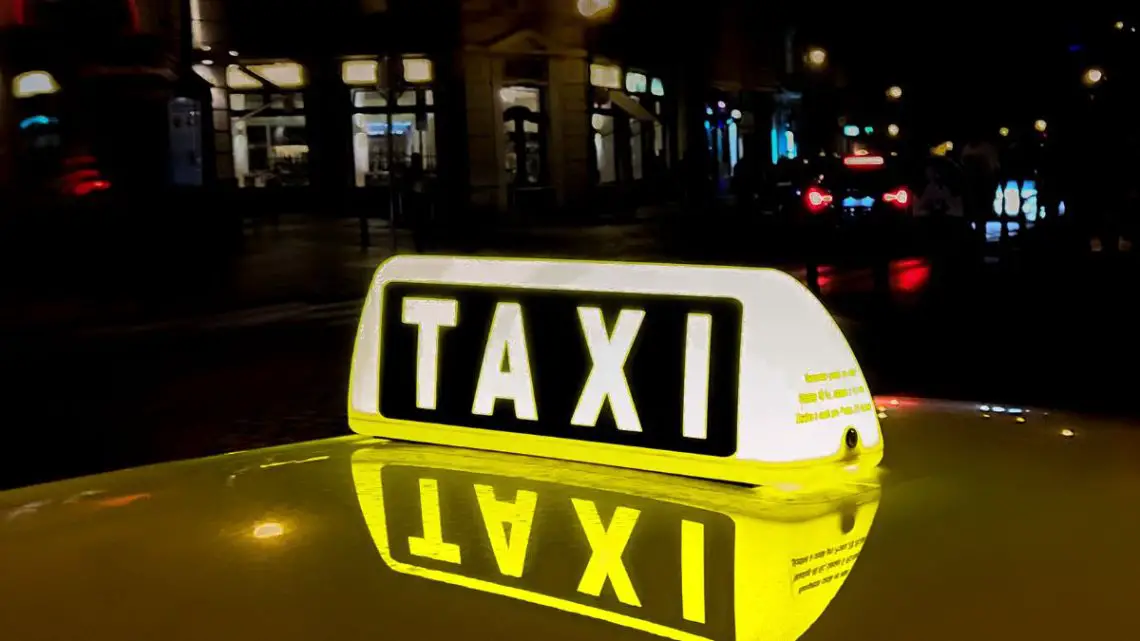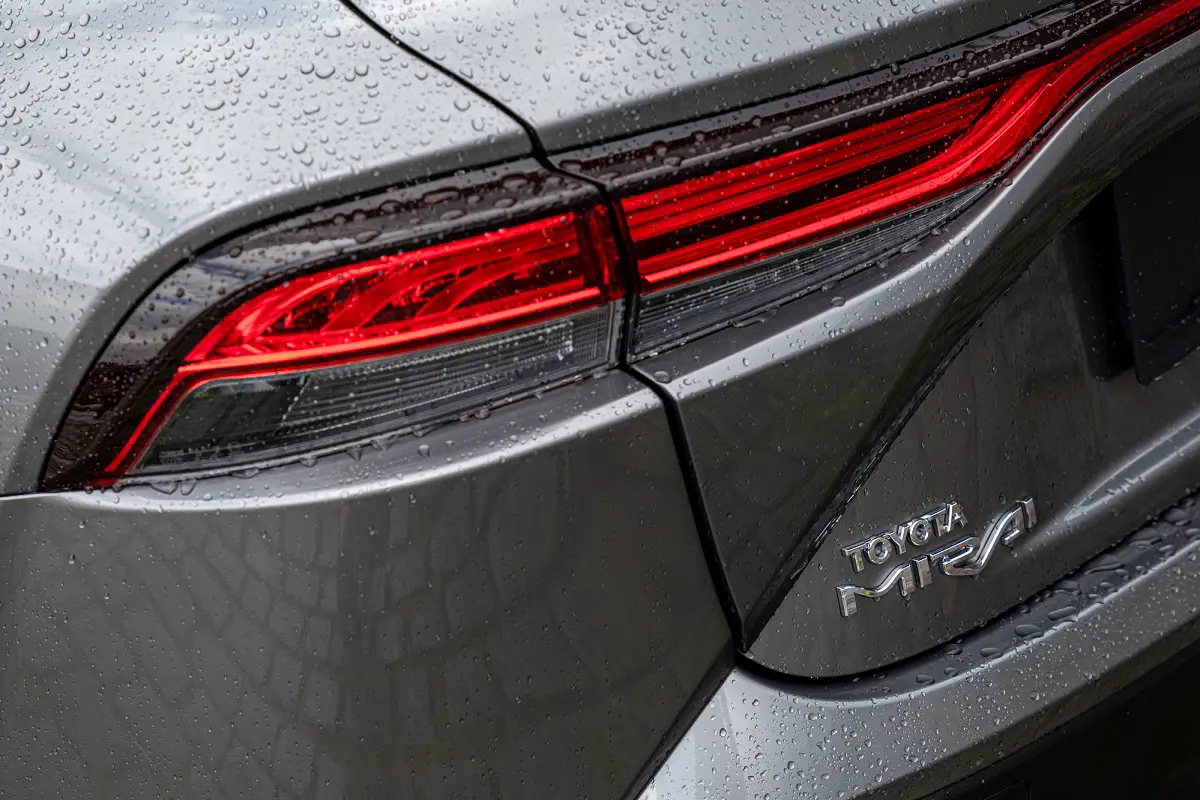
EV taxis could win out over hydrogen taxis, even in Japan
July 28, 2023Hydrogen fuel is still waiting for its big break in Japan.
One might think that hydrogen taxis would be more commonplace in Japan, a country well known as a proponent for using hydrogen fuel as a clean energy for cars and a variety of other applications, and for being one of the first in the world to have a hydrogen strategy. However, this hasn’t been the case.
A Japanese luxury taxi operator’s use of hydrogen cars in its fleet has been “underwhelming”.
A recent Bloomberg report reveals that since MK West Group (a luxury vehicle taxi operator in Kobe) added two Toyota Mirai fuel cell vehicles to its green car fleet about two months ago, the experience – according to the Group President Yoshiaki Aoki – has been “somewhat underwhelming.”
The report points out that it’s not the hydrogen taxis themselves that are underwhelming. In fact, the mid-sized Mirai sedans are easy on the eyes and feature luxury comparable to a Lexus. The trouble is that the cost of purchasing and operating hydrogen taxis is far too high.
Aoki said that compared to the cost per liter of gas, “Two months into using these hydrogen fuel cell vehicles and the cars don’t even run 10 kilometers.”
If the Japanese government is serious about using hydrogen fuel as a green energy option, Aoki says that hydrogen needs to be aggressively subsidized.
The biggest selling point for hydrogen taxis compared to EVs is how quickly they can refuel.
One of the main reasons why hydrogen taxis could be an excellent option for taxi operators is that, compared to electric vehicles, hydrogen cars can be refilled in as little as five minutes. Currently, an electric vehicle takes a minimum of 30 minutes to charge on a fast charger. Long charging times means idle drivers and idle drivers means lost money.

Credit: Photo by depositphotos.com
Although fast H2 refueling is a major benefit, the present reality is that the cost of a hydrogen fuel cell vehicle is about ¥1 million ($7,100) more compared to a hybrid car, if the H2 vehicle runs 150,000 kilometers (93205.7 miles) a year as a taxi, Aoki explained in the Bloomberg report.
“You’d have to be crazy to buy a FCEV, even considering the environmental angle. And customers aren’t prepared to pay extra money because the taxi they’re using is good for the environment,” Aoki said.
It boils down to cost and infrastructure.
 While Aoki is still considering using hydrogen taxis, he has said that the deciding factor on whether over the long term he’ll prefer fuel cell vehicles to electric vehicles will likely come down to cost, infrastructure, and available car models.
While Aoki is still considering using hydrogen taxis, he has said that the deciding factor on whether over the long term he’ll prefer fuel cell vehicles to electric vehicles will likely come down to cost, infrastructure, and available car models.
Unless the cost of hydrogen fuel comes down, Aoki says that even if EVs take longer to charge, MK West will probably switch more of its fleet to electric cars as better EV models surface.
Ready to test your knowledge on the most abundant element in the universe? Take our fun and engaging Hydrogen Quiz now! [forminator_quiz id=”58712″]



 With over 15 years of reporting hydrogen news, we are your premier source for the latest updates and insights in hydrogen and renewable energy.
With over 15 years of reporting hydrogen news, we are your premier source for the latest updates and insights in hydrogen and renewable energy.